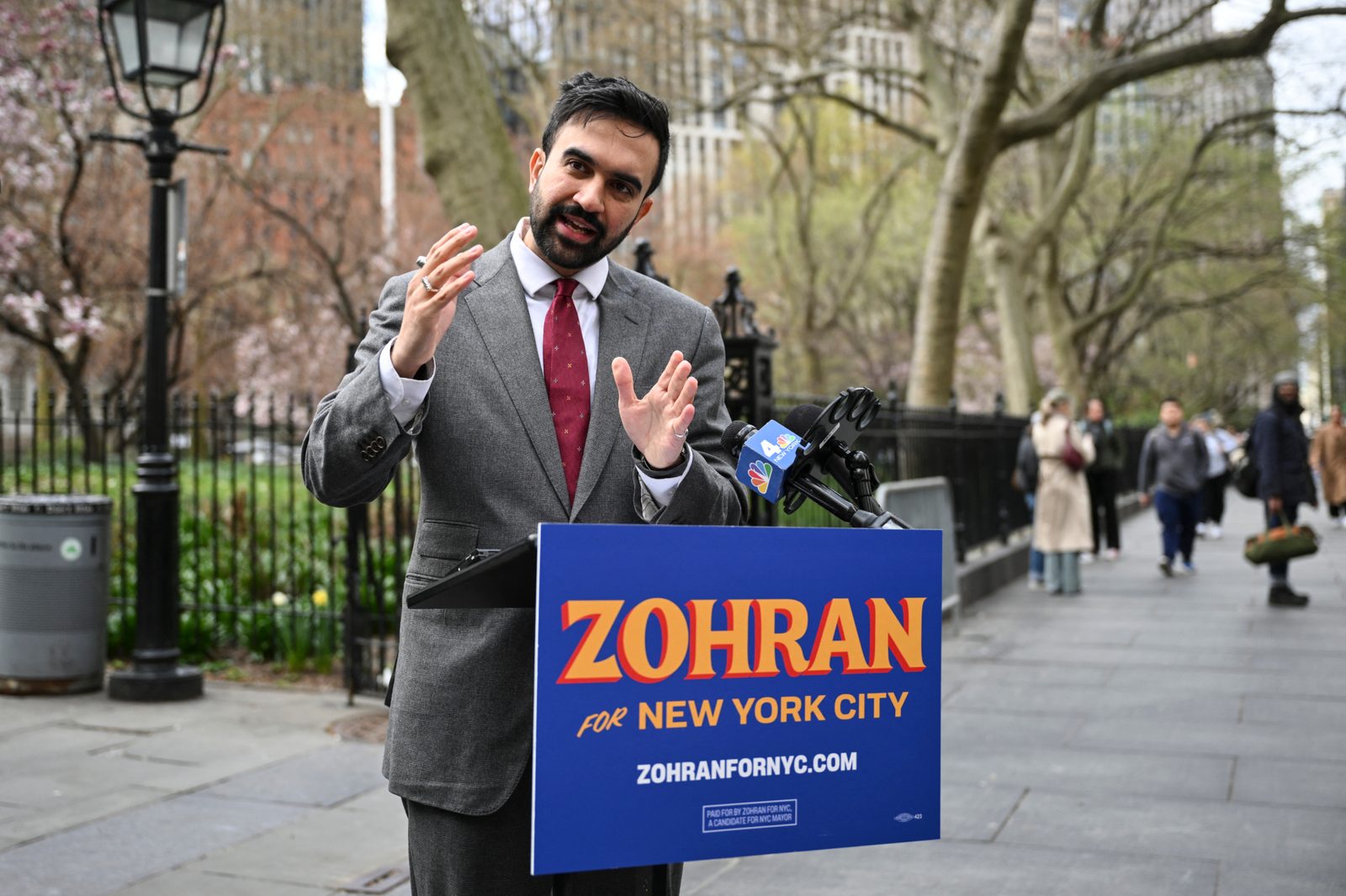The following op-ed was published in this weekend’s Salt Lake Tribune.
President Obama did what none of his presidential predecessors had done: he shone a spotlight on an alarming trend that hurts American workers. Known as occupational licensure, this trend requires “unnecessary training, lengthy delays, or high fees,” as the Obama White House once stated.
“This can in turn artificially create higher costs for consumers and prohibit skilled American workers… from entering jobs in which they could otherwise excel,” they continued. And they’re right — these types of licenses are effectively permission slips to work in the occupation of your choosing. While they can be justified in some cases, there are plenty of examples where these policies hurt more than they help.
The Trump administration is continuing what the previous administration started. And many states have jumped on the reform bandwagon, helping reduce regulatory burdens that make it hard for workers to go about their business.
Half a century ago, only 1 in 20 American workers were required to obtain an occupational license in order to legally work in their chosen field. Today, that number stands at 1 in 3. And while these statistics may seem hard to fathom, there are plenty of people with real and sobering stories about how these trends of regulation have harmed them.
Perhaps the most prominent story in Utah is that of Jestina Clayton, an immigrant from Sierra Leone who found work braiding the hair of African children in Centerville, where she and her family lived. That is, until bureaucrats caught on to her enterprise and shut it down, alleging that she needed to get a cosmetology license first, which meant 2,000 hours of schooling and over $16,000 in tuition fees.
The irony? Cosmetology schools in Utah weren’t even teaching African hair braiding. So she was being forced to take classes on topics that had nothing to do with what she wanted to do. Even crazier? She had been safely braiding hair longer than some cosmetology students had even been alive.
And so she sued — and won. After months of hearings, Judge David Sam of the U.S. District Court for the District of Utah held that “The right to work for a living in the common occupations of the community is of the very essence of the personal freedom and opportunity that the Constitution was designed to protect.”
And yet, it doesn’t. The Constitution is silent about this issue, which is why Libertas Institute has proposed an amendment that would ensure that Utahns like Jestina aren’t unnecessarily burdened in their ability to make something of their life.
Without a constitutional guideline to provide guard rails, occupational licensure has grown out of control. It causes problems for Utahns coming out of prison who find it difficult to obtain employment in a licensed field, thus increasing recidivism. It makes it hard for immigrants who have professional experience in their home country, but who are forced to attend classes they don’t need and pay tuition they don’t have to learn something they already know. And low-income Utahns find it near impossible to pay all the fees and attend all the classes needed to begin legally working in their preferred profession. For many, the barriers are insurmountable.
There are many Utahns like Jestina whose livelihoods are threatened. For example, a recent study found that Utah has the 13th most burdensome licensure laws compared to other states. There’s clearly room for improvement.
The Utah Legislature has done a fairly good job addressing some egregious examples of unfair occupational licensing in the past few years, but incremental reform won’t curb the onslaught of increased licensure from the past few decades. A big problem requires a big solution.
Utah should lead the reform effort by amending our state’s constitution to protect our right to work, ensuring that Utahns of any socio-economic status have a fair opportunity to “work for a living in the common occupations of the community.”





